Science in the media
-
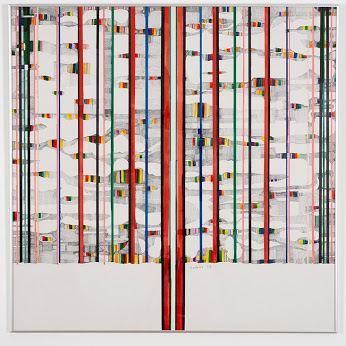
Why is the scientific revolution still controversial? (podcast)
David Wootton’s new book challenges the notion that knowledge is culturally relative and truth is simply consensus
-
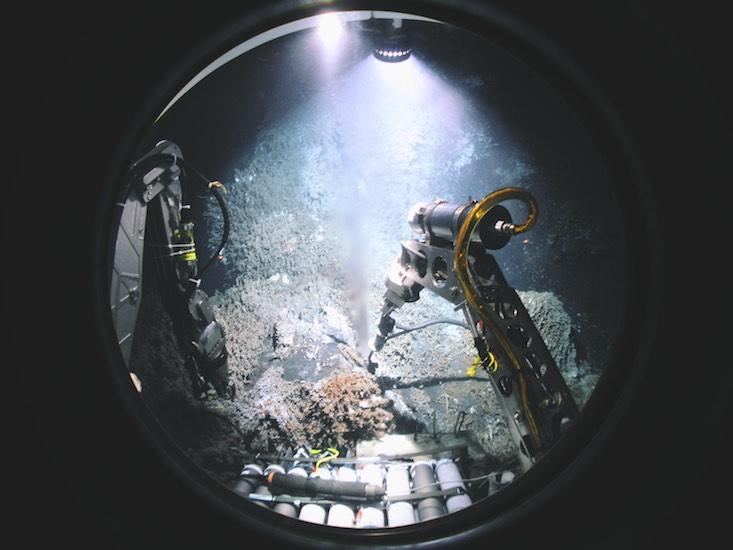
We Are About to Start Mining Hydrothermal Vents on the Ocean Floor
Forty years ago, scientists found alien life. Not on another planet, but on Earth, in the deep sea, in places where plumes of steam and nutrients heated by volcanic activity […]
-

Una capa de invisibilidad logra ocultar pequeños objetos tridimensionales
En la novela Harry Potter y la Piedra Filosofal, el joven mago protagonista recibe una capa de seda que le hace desaparecer. Ahora, investigadores de varias instituciones estadounidenses han desarrollado una […]
-
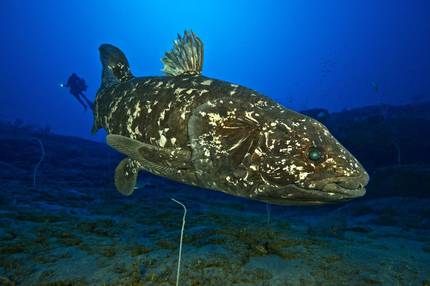
Zelakantoek enbrioi-fasean birikak dituztela ikusi dute
Zelakantoen eboluzioa ulertzea aspaldiko erronka da zientzialarientzat; izan ere, animalia urtarren eta lurtarren arteko katebegitzat jo izan da. Erregistro fosilean duela 410 milioi urtetik agertzen da, eta, urte askoan dinosauroekin […]
-
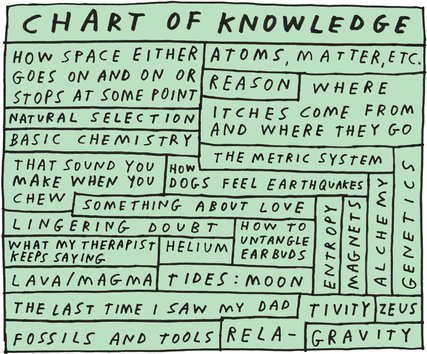
There Is No Theory of Everything
…our society is deeply confused by the occasions when a blue pill is required and not required, or when we need a causal explanation and when we need a further […]
-

How Wasps Use Viruses to Genetically Engineer Caterpillars
And caterpillars might be using the same viral genes to defend themselves against other viruses
-
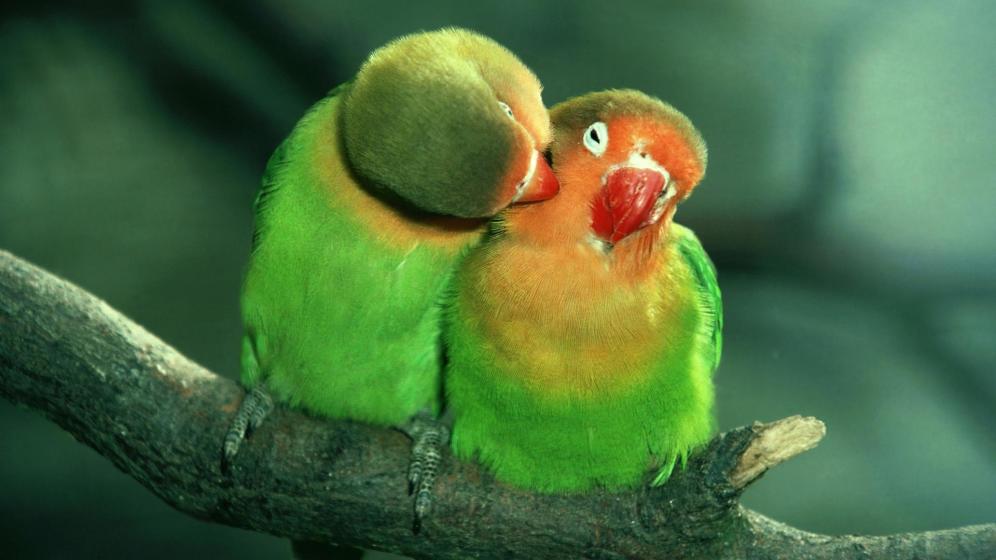
Para qué sirve el amor en la naturaleza (o por qué no todo es sexo)
Este sentimiento ha evolucionado para que las parejas duren juntas el tiempo suficiente para que los hijos sobrevivan. Ahora, un estudio con pinzones demuestra su utilidad biológica
-

Why Do Women Perform Worse on Science Questions Than Men?
On average, women perform less well than men on science questions. That’s one finding from a new Pew Research report that aimed to test the American general public’s knowledge of […]
-
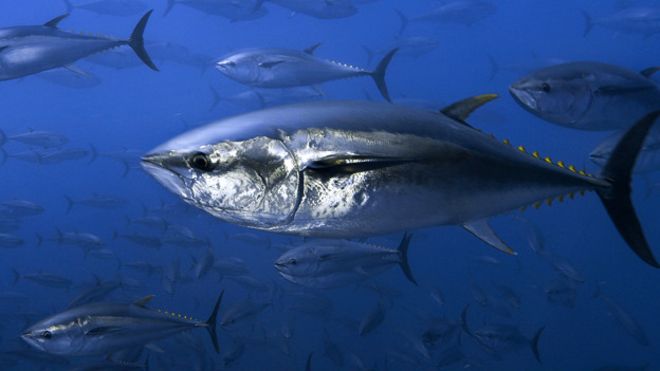
La alarmante desaparición de algunos de los peces más comunes de los océanos
Los océanos del mundo se están quedando sin peces. Y, por lo tanto, corre riesgo una importante fuente de alimentación de la población mundial, incluyendo América Latina.
